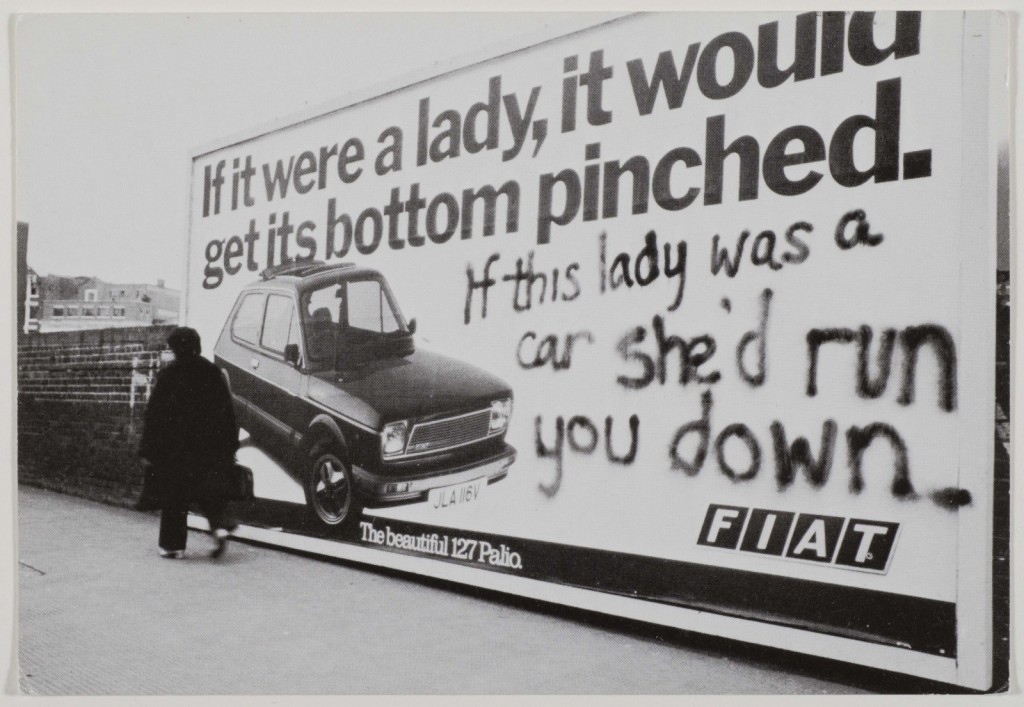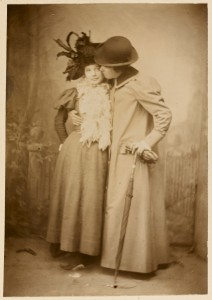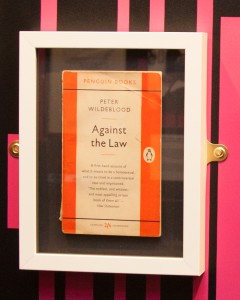Breakfast TV began, Swatch introduced their first watches, and Karma Chameleon stayed at number one for six weeks, but what on earth was happening BEFORE the Pink Singers were formed in 1983?
A Victorian law
The Victorians introduced legislation targeting homosexual men.
The Labouchere Amendment made gross indecency (a term that was never defined) between males a crime in 1885.
Both Oscar Wilde in 1895 and Alan Turing in 1952 were convicted under this law, which came to be known as the ‘blackmailer’s charter’.
Oscar Wilde (1854–1900) was one of the most celebrated writers of the late Victorian era. He was sentenced to hard labour for gross indecency.
Alan Turing (1912–1954) was a mathematician who was instrumental in cracking the Nazis’ Enigma code at Bletchley Park. He was offered experimental hormone treatment (chemical castration) as an alternative to imprisonment for gross indecency.
Invisible women
The more favourable legal situation – lesbianism was never a crime – paradoxically denied gay women the profile and visibility of gay men.
Lesbians were not included in the Victorian legislation which created the crime of ‘gross indecency’. This made it possible to prosecute male homosexuals without having to prove that sex had taken place (specific legislation about sodomy already existed).
The clause was accepted by parliament without debate, so we do not have an insight into the rationale. However, in 1921 when a further amendment including lesbianism was considered, MPs and peers were unclear about how to define an ‘act of gross indecency’ between women.
Peter and the Wolf(enden)
High profile prosecutions helped to make the case for reform.
In 1954, the publicity around the Montagu case, in which Lord Montagu of Beaulieu, Michael Pitt-Rivers and journalist Peter Wildeblood were convicted and imprisoned in a manner many thought unjust, fed into increasingly vocal calls for an official enquiry into the prosecution of homosexual offences.
Against the Law (1955) gave Wildeblood’s personal account of his trial and imprisonment for gross indecency:
‘I do not believe that the fact of my imprisonment, or that of Edward Montagu or Michael Pitt-Rivers, will deter a single person from committing acts such as those with which we charged.’
Later that same year, the Wolfenden Committee was set up, and in 1957 their report recommended that homosexual behaviour between consenting adults over 21 in private should no longer be considered a criminal offence. A decade later this passed into law in England and Wales.
1967: Sexual Offences Act
For much of the 1960s, that great decade of liberalism and sexual freedom, male homosexuality was illegal in Britain.
When the Pink Singers formed, only 16 years had passed since decriminalisation through the Sexual Offences Act of 1967. In fact, it was only in 1980 and 1982 respectively that homosexuality was decriminalised in Scotland and Northern Ireland.
Although for a third of current Pink Singers, born since the choir began, pre-1983 might seem an interminably long time ago, objectively it is staggering how far LGBT rights have come in a relatively short time.
Stonewall Riots
The modern gay rights movement took off following the 1969 Stonewall Riots in New York City.
Drag queens and gay clientele of the Stonewall Inn fought back against police persecution. Their stand inspired others to fight for the right to live truthful, viable and open lives.
The Stonewall Inn has become almost a place of pilgrimage for the gay community. This photo shows Simon – one of our tenors – visiting in 2012.
CHE and the GLF
Lesbians and gay men began to demand rights more vocally.
The Committee (later changed to ‘Campaign’) for Homosexual Equality (CHE) and the Gay Liberation Front (GLF) are two of the oldest gay rights organisations in the United Kingdom, founded in the 1960s and 1970s respectively. The GLF was the more radical of the two but both were set up to promote legal and social equality for lesbians, gay men and bisexuals. This photo shows CHE on the first London Pride march in 1972.
Feminism
It was not until the feminist movement of the 1970s that lesbian activism came to the fore.

Either marginalised and limited by a lack of financial and social independence, or privileged enough to develop underground communities of their own, women remained in the shadows. Lesbian subculture in Britain did not become visible until well into the 20th century.
Lesbians were not always welcome in feminist groups, but feminist politics heavily influenced the LGBT movement.





